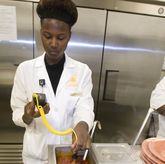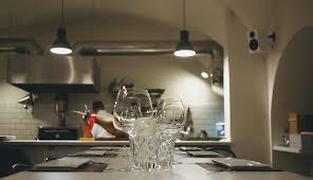
The food service industry is very competitive. Most establishments have to invest in sophisticated marketing campaigns to bring more customers through the door and keep their business running. Positive reviews on social media platforms and review websites help draw more people in through the power of word-of-mouth.




 RSS Feed
RSS Feed